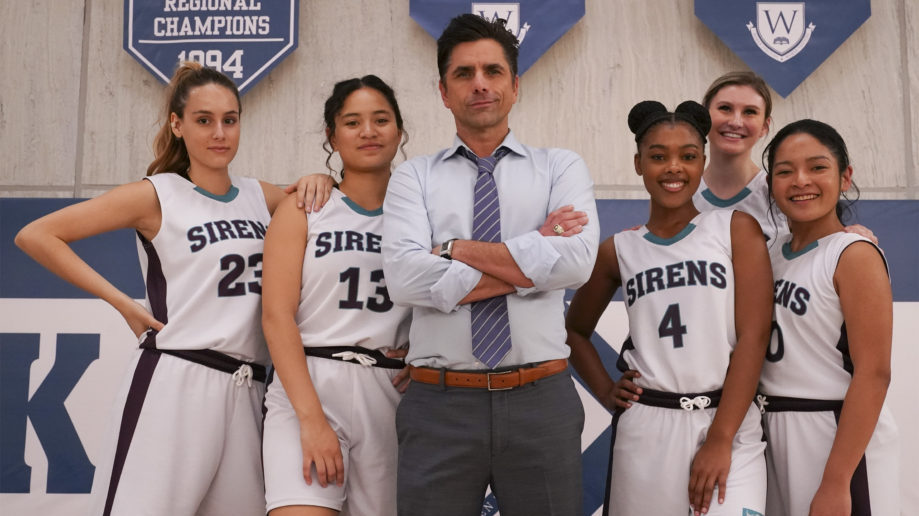We know that humanity has always been the problem. Our impact on nature and the world at large has been, for the most part, catastrophic. The sheer arrogance in our assumption that we are at the center of a system of nature has come to pose an existential risk to our very being. To that end, Eden poses an interesting question. It doesn’t ask if humanity is harmful – God knows we are – but rather what should be done about us? That is the thread that runs through these four episodes and it makes for a simplistic, if occasionally extreme, environmentalist parable.
Sara Grace is the lone human on an Earth that is now populated entirely by robots. She was cryogenically frozen as a baby (for reasons that will become clear later) and is discovered by a pair of maintenance bots named A37 and E92 who would go on to raise her as their child. They do, however, need to keep her existence a secret from the robots that control the “utopia” that is Eden 3, because humans are “harmful organic substances” that need to eliminated.
You know what happens next, as the older and more precocious Sara gets, the more curious about the world she becomes, eventually stumbling upon a secret that puts all of their lives, and the world as they know it, at risk.
Nature vs. Nurture

Now I am a sucker for a good robot fantasy. There are so many stories that can be built around these artificial beings that we have so hubristically created in our own image. These artifacts in our quest towards immortality are both an extension of our legacy and a reminder of our own obsolescence. From the Terminator movies, to Westworld, to A.I. Artificial Intelligence, to Ex Machina, we have had no shortage of robot related content, and the problem with Eden is that while it does a great job of cribbing from what has come before, it doesn’t really bring anything new to the table.
Yes, Eden manages to build an incredibly intricate and fascinating world in its four episodes. Yes, there are plenty of well thought out details here. I loved that the robots communicate differently with one another before transitioning into speaking “human” when they discover Sara and detect our language. I loved all of the background details – like the harvesting of apples for biofuel – that aren’t explicitly spelled out but exist for reasons of world building. I loved the idea of Eden, but not its incredibly predictable execution.
Narratively speaking, there isn’t really anything here that we haven’t seen before. The plot of Eden, which is rooted in its own version of Isaac Asimov’s Three Laws of Robotics, doesn’t stray too far from the questions and philosophical dilemmas that he posed in the stories and novels that we wrote decades ago.
It’s a wasted opportunity really. A robot story as an environmentalist allegory could have been something great. What motivates and environmental terrorist? How far would you go to protect the planet? What is the point of saving the world if it doesn’t benefit humanity? There are plenty of interesting ideas at play. But none of them are explored beyond the superficial. Instead, the message here is reduced to the irritatingly shallow notion of, “humans… can’t live with ’em, can’t live without ’em.”
I, Robot. You, Human.

The voice acting is great and the cast does a fantastic job in conveying a remarkable depth of emotion from a bunch of faceless and featureless robots. There is humour and heart. And these characters, while cookie cutter, still make for a charming watch.
The blending of a traditional hand drawn look with 3D animation also works well. It is bright and colorful and serves as an interesting juxtaposition to the idea proposed by the series. A robot utopia is, after all, a human dystopia. And it was a smart decision to infuse a hopeful and happy colour palette to a world that is utterly devoid of human beings.
Overall, Eden is an incredibly well produced work. It looks good. It sounds good. It even hints at trying to be about something that’s actually important. I just wish that it followed through on that promise.










Follow Us